By: Michael R. Parker, Partner
**1. Preparation is Key:
Insurers:
Before the EUO, gather all pertinent information related to the claim. Review the policy, claim documents, and any available evidence. Ensure that the appointed representative is well-versed in the case details to facilitate a thorough examination.
Claimants:
Familiarize yourself with your policy, the nature of your claim, and any evidence supporting your case. Consider consulting with legal representation to navigate the intricacies of the EUO process.
**2. Choose Your Representative Wisely:
Insurers:
Select a representative experienced in EUOs and well-versed in the specific type of claim under investigation. Clear communication skills and a deep understanding of the legal landscape are crucial.
Claimants:
If allowed, consult with an attorney who specializes in insurance matters to guide you through the EUO. Their expertise can ensure you are adequately prepared and protected during the examination.
**3. Maintain Transparency and Candor:
Insurers:
Encourage honesty and transparency during the EUO. A cooperative environment fosters a smoother process and can uncover essential details for an accurate assessment.
Claimants:
Be forthright in your responses. Honesty is your ally during an EUO, helping to build credibility and strengthen your position.
**4. Keep Records of Communication:
Insurers:
Document all communication with the claimant and any relevant parties leading up to the EUO. This ensures a comprehensive understanding of the case history.
Claimants:
Maintain a record of all interactions with your insurer, as these may serve as valuable references during the EUO.
**5. Understand the Scope of Questions:
Insurers:
Craft questions that are relevant to the claim. Focus on obtaining information that directly pertains to the incident and the validity of the claim.
Claimants:
Listen carefully to the questions posed and respond directly to the inquiry. Avoid volunteering information that is not directly related to the matter at hand.
**6. Post-Examination Follow-Ups:
Insurers:
Promptly review the information gathered during the EUO. Assess its impact on the claim and take appropriate actions based on the findings.
Claimants:
If permitted, review a transcript or recording of the EUO to ensure accuracy. Address any discrepancies or concerns with your legal representative.
**7. Legal Consultation for Claimants:
Claimants:
Consider consulting with an attorney before and after the EUO to ensure your rights are protected. They can guide you through the process, help you understand your obligations, and advocate for your interests.
In Conclusion:
The Examination Under Oath is a pivotal moment in the insurance claims process. By adhering to these best practices, both insurers and claimants can contribute to a fair and thorough examination, fostering a transparent and equitable resolution of claims. Remember, preparation, transparency, and legal guidance are your allies in navigating the complexities of the EUO process.

